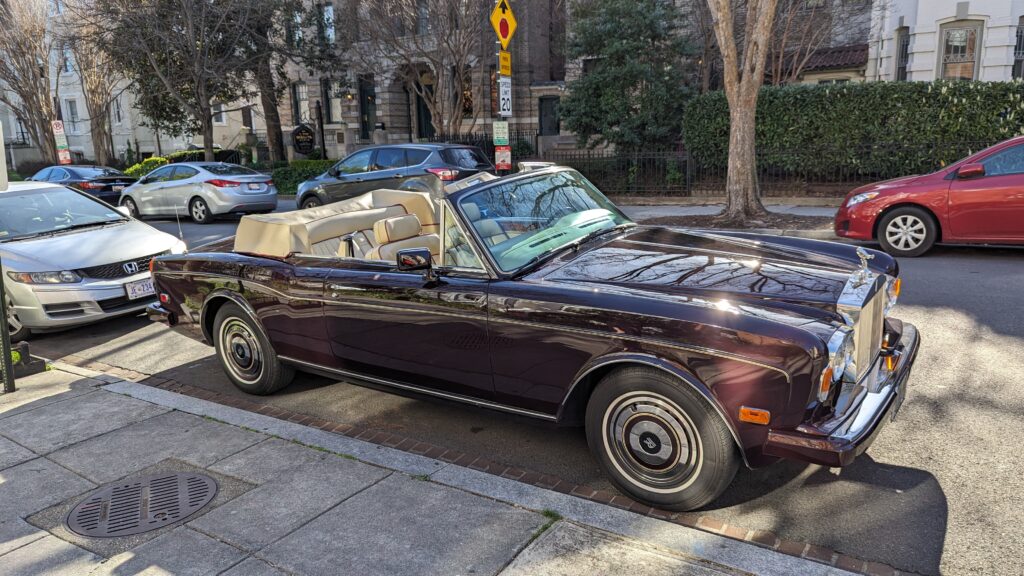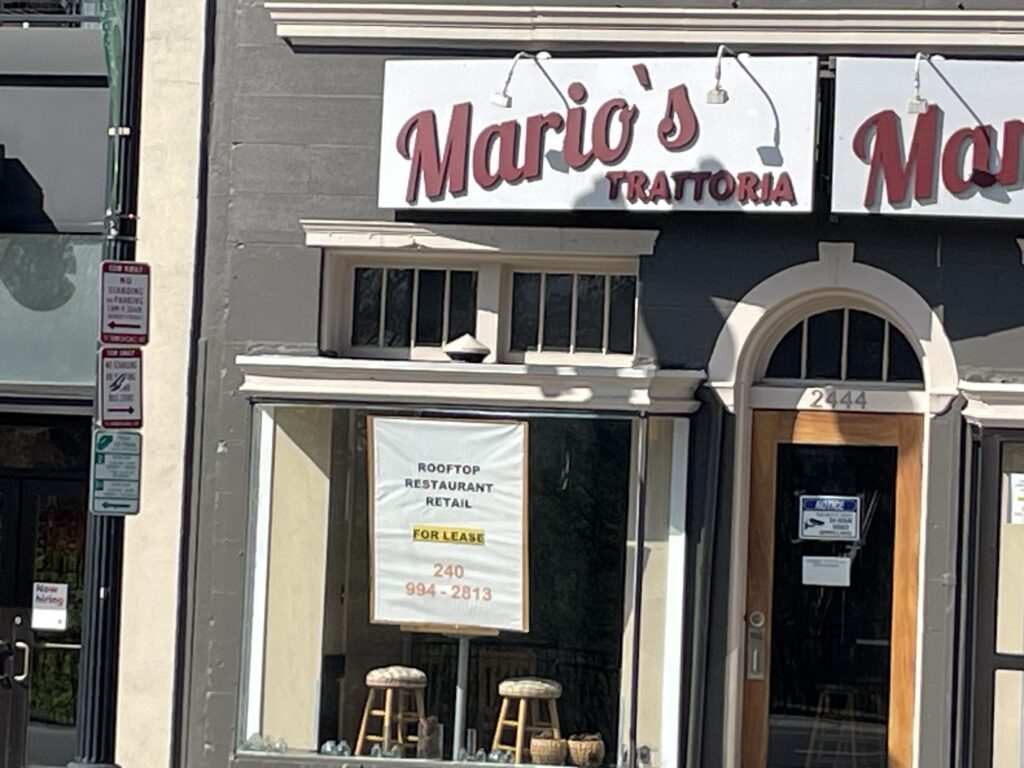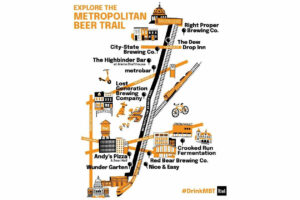This is a sponsored column by attorneys John Berry and Kimberly Berry of Berry & Berry, PLLC, an employment and labor law firm located in Northern Virginia that specializes in federal employee, security clearance, retirement and private sector employee matters.
By John V. Berry, Esq.
We represent federal employees nationwide before the Merit Systems Protection Board (MSPB) in federal employee appeals. It is not uncommon for federal employees to be unaware of how the MPSB works and what kinds of cases they hear. The answer is that they handle numerous types of federal employees appeals. The overwhelming majority of appeals that they hear involve appeals serious disciplinary actions. Their jurisdiction includes many other types of cases, including retirement, whistleblower and military discrimination cases (in addition to other types of case).
MSPB Appeals should be considered similar to being in court and federal employees should be represented by counsel. The government will be represented by an attorney and it is very difficult for an individual to represent themselves through this process.
Filing the MSPB Appeal
The first step in the MSPB appeals process is for a federal employee to file a MSPB appeal within the deadline. For many appeals that the MSPB hears (those involving serious discipline for federal employees), the deadline is typically 30 days from the effective date of the adverse action to file the appeal. The MSPB appeals process has mostly transitioned to electronic filing so the process is pretty efficient to start a case. It is very important to timely file the appeal and to even file it early given that an untimely appeal will likely be dismissed. Here is a link to an article about the filing of an MSPB appeal.
Receipt of the Acknowledgment Order
Usually, within a week of filing an MSPB Appeal, a judge will be assigned to the case and issue an order which basically sets the ground rules and timelines in each case. This is known as the Acknowledgement Order. This order is about 10-15 pages and provides a lot of information about the processing of the individual MSPB appeal and should be reviewed carefully so the deadlines and conferences are not missed.
Agency Filing Response and Opposition to MSPB Appeal
Usually, 20 days after the issuance of the Acknowledgment Order, the MSPB judge will require the federal agency involved in the appeal to provide their statement and file on the case to both the MSPB judge and the federal employee. This file will include the documents relevant to the agency’s case. It is common for an agency’s file to be 40 to 300 pages long, depending on the number of documents associated with the case file. Federal employees should expect the agency to file a strong opposition to the appeal.
Conferences with the Administrative Judge
Many MSPB judges will schedule a conference with the parties following the receipt of the agency’s response. These status conferences usually involve an initial discussion of the issues involved in the federal employee’s appeal and also to determine whether or not settlement of the appeal is a possibility. If settlement is a possibility, the MSPB judge may suggestion mediation, negotiations through a settlement judge or informal negotiations between the parties.
The Filing of Discovery
Usually, 30 days after the issuance of the Acknowledgment Order, the parties are required to submit initial discovery requests if they choose to engage in discovery. The discovery stage is very important as it is the federal employee’s chance to obtain documents, correspondence, emails, video, data, audio which the Agency may possess and which could be used during the hearing. We find that one of the most important parts of the discovery process includes the ability to question relevant witnesses under oath through the deposition process.
Pre-Hearing Submissions
Prior to an MSPB hearing, the MSPB judge will order pre-hearing submissions from each party. These are similar to pre-trial submissions in civil court. These generally include the parties’ versions of the issues to be heard, the documents to be used as exhibits in the case and the proposed witnesses sought for the case. Additionally, the parties may seek to subpoena non-federal employees through the MSPB judge. Here is a link to an article on the pre-hearing process.
Pre-Hearing Conference
After pre-hearing submissions are filed the MSPB hearing, the MSPB judge will review them and rule on witness testimony, exhibits and other issues likely to come up at the hearing. A party or their counsel will want to be prepared to argue for their position during the pre-hearing conference. Usually, the majority of the pre-hearing conference will be used to determine which witnesses the MSPB judge will permit to testify. The MSPB judge will also set the dates for the hearing if not already set.
The Hearing
The MSPB Hearing typically takes about 1-2 days depending on the number of witnesses involved. During the hearing process, there will usually be opening statements and the examination and cross-examination of witnesses for both sides. It may be conducted in person or by video conference. A court reporter will also transcribe the testimony given. There may be closing arguments and/or written closing submissions prior to the issuance of the MSPB judge’s decision in the case. The written decision is typically issued 2-6 weeks after the hearing is held. Here is a link to an article on the hearing process.
The Appeal (Petition for Review)
Should the MSPB judge issue an adverse decision, either party can file an appeal known as a Petition for Review (PFR) usually within 35 days of the date of the initial decision. These then go to the 3-person appeals board that reviews MSPB judge decisions. Parties may also potentially seek to go to the U.S. Court of Appeals for the Federal Circuit and elsewhere in the court system.
Conclusion
In sum, when litigating an MSPB appeal, it is very important for a federal employee to retain legal counsel familiar with MSPB litigation. Our law firm represents federal employees nationwide before the MSPB and can be contacted at www.berrylegal.com or by telephone at (703) 668-0070. Please visit our Facebook page.
Recent Stories

For many remote workers, a messy home is distracting.
You’re getting pulled into meetings, and your unread emails keep ticking up. But you can’t focus because pet hair tumbleweeds keep floating across the floor, your desk has a fine layer of dust and you keep your video off in meetings so no one sees the chaos behind you.
It’s no secret a dirty home is distracting and even adds stress to your life. And who has the energy to clean after work? That’s why it’s smart to enlist the help of professionals, like Well-Paid Maids.

Unlock Peace of Mind for Your Family! Join our FREE Estate Planning Webinar for Parents.
🗓️ Date: April 25, 2024
🕗 Time: 8:00 p.m.
Metropolitan Beer Trail Passport
The Metropolitan Beer Trail free passport links 11 of Washington, DC’s most popular local craft breweries and bars. Starting on April 27 – December 31, 2024, Metropolitan Beer Trail passport holders will earn 100 points when checking in at the
DC Day of Archaeology Festival
The annual DC Day of Archaeology Festival gathers archaeologists from Washington, DC, Maryland, and Virginia together to talk about our local history and heritage. Talk to archaeologists in person and learn more about archaeological science and the past of our








